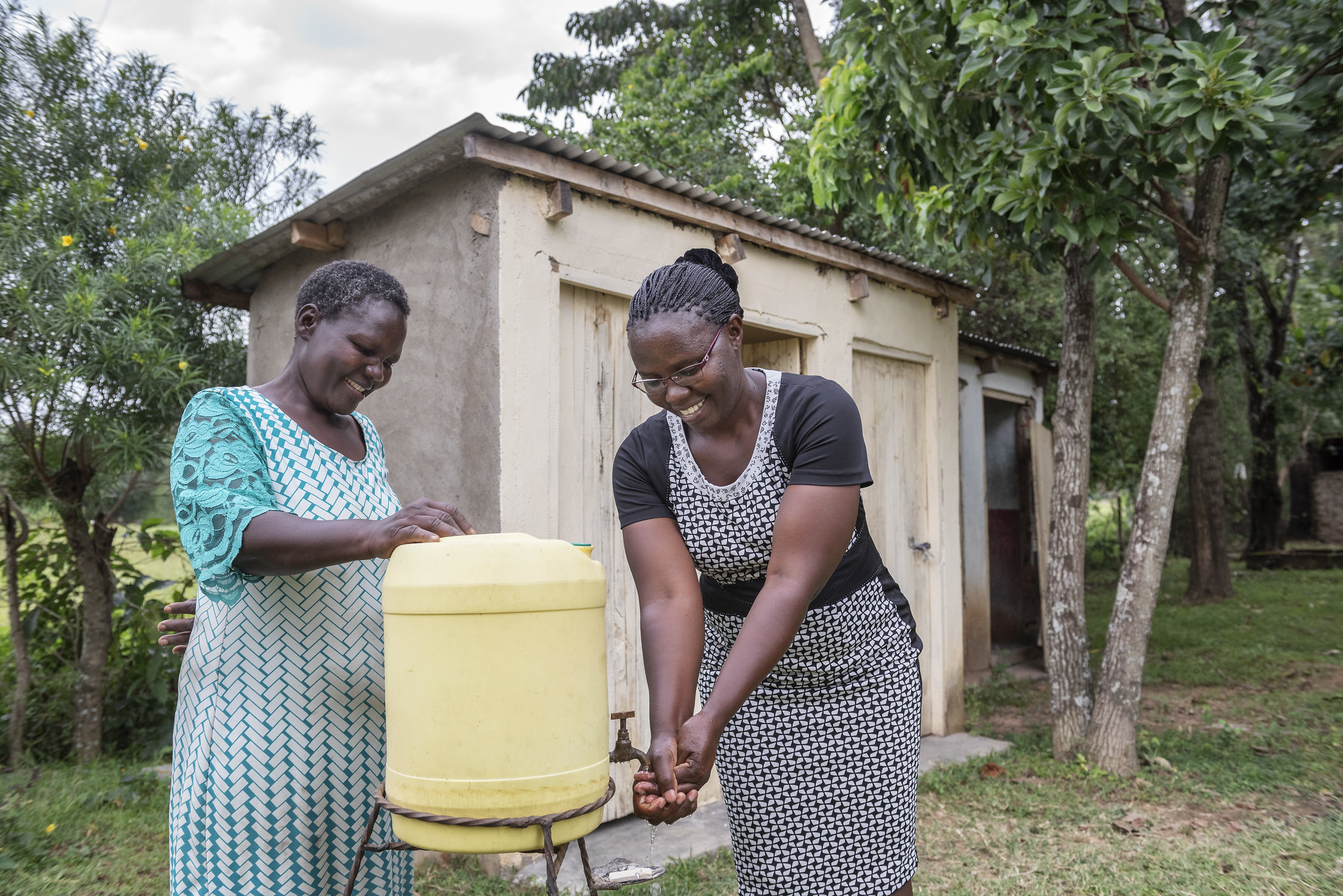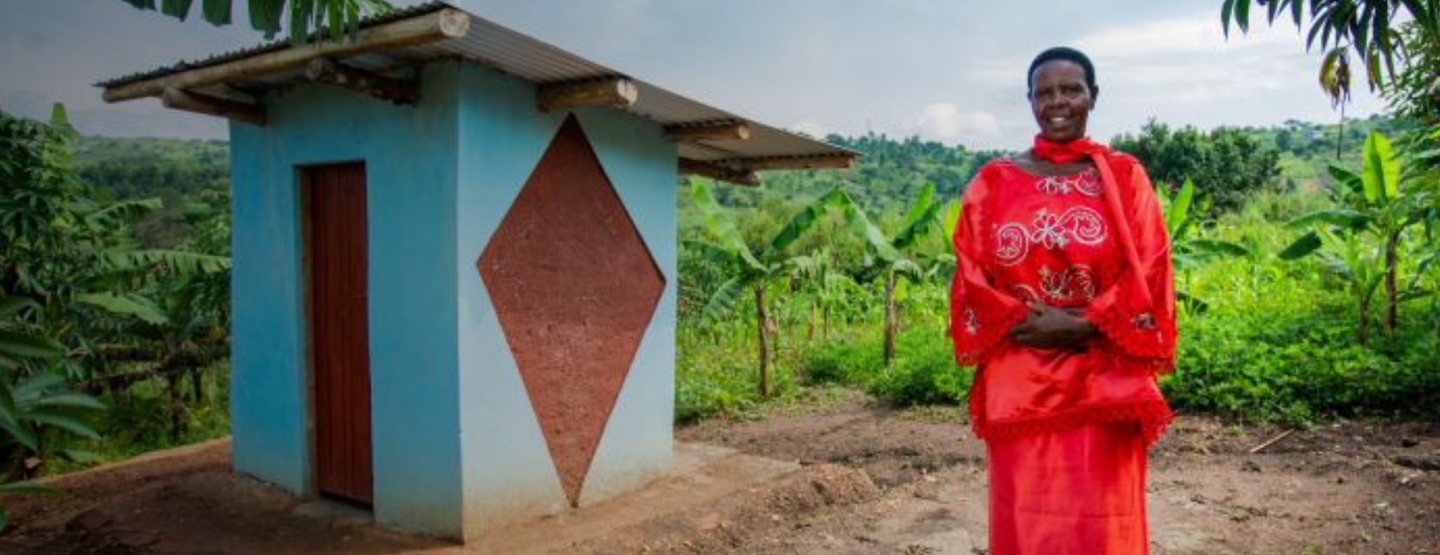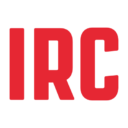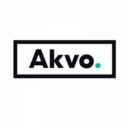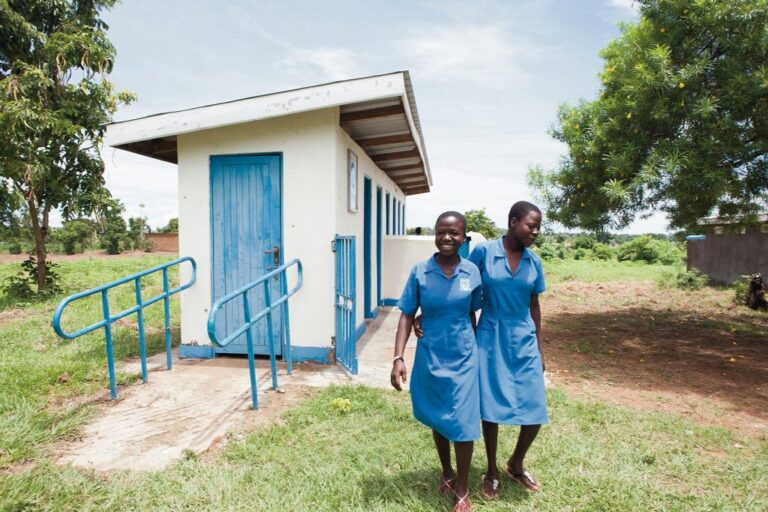

The WASH Alliance International, Plan Netherlands and SNV together formed the WASH SDG Consortium. Jointly they have developed a WASH SDG Programme, which is being implemented in Bangladesh, Ethiopia, Indonesia, Nepal, Tanzania, Uganda and Zambia.
The WASH SDG programme aims to sustainably improve access to, and use of, safe drinking water for at least 450,000 people, sanitation for at least 2 million people and improve the hygiene behaviours of 1.6 million people before the end of 2022. The programme had an expected outreach of almost 9 million people.
Our activities promoting water, sanitation and hygiene (WASH)
WASTE has been part of the WASH Alliance International since the very beginning in 2012. As part of this WASH SDG programme, WASTE is responsible for implementing the Diamond Model in Bangladesh, Nepal, Ethiopia and Tanzania.
This means our activities focus on the development of sustained financing, demand and supply and a business enabling environment, providing a basis for the sustainable development of these systems once the programme is closed.
Sustainability
The outputs from this project will be utilized in other WASTE projects.
